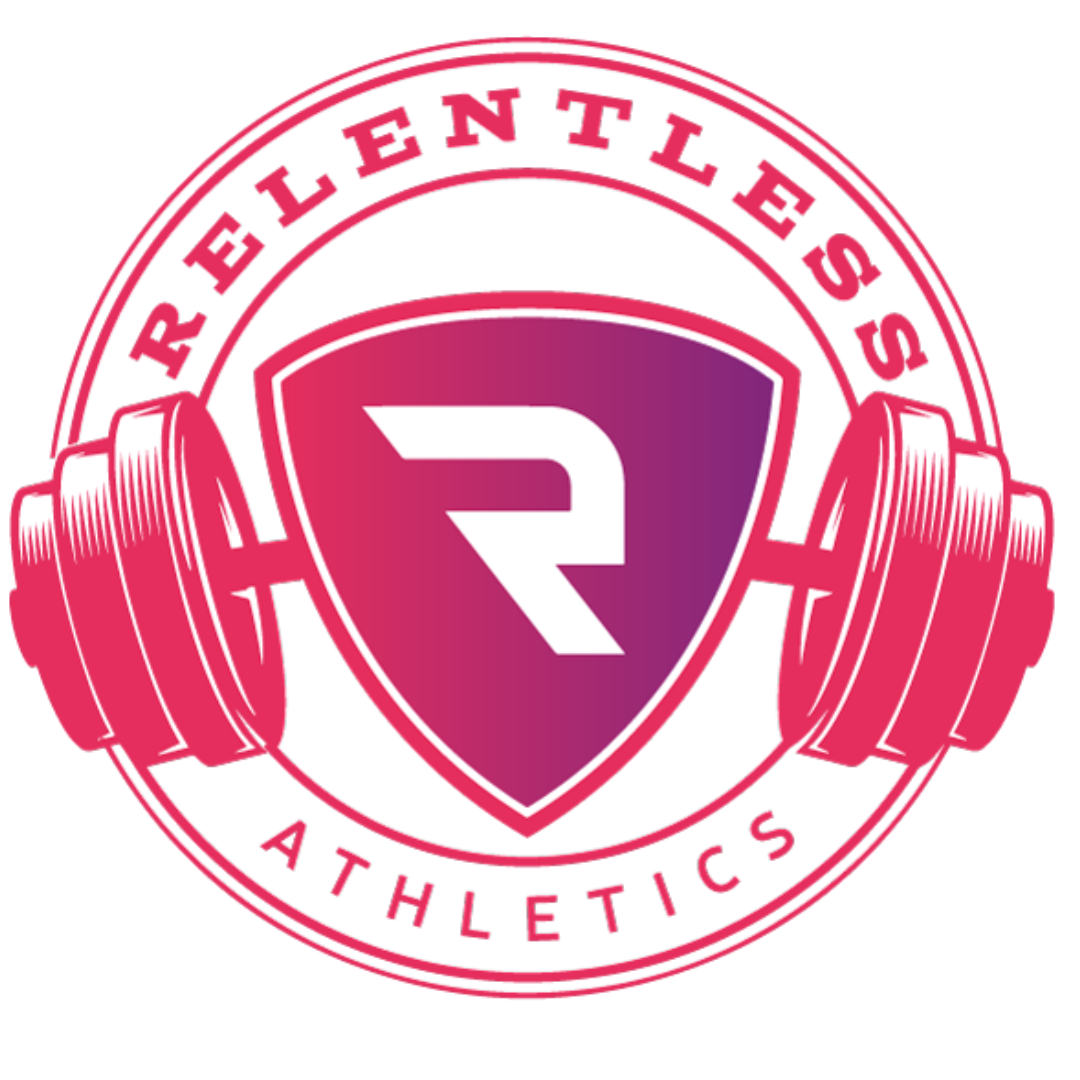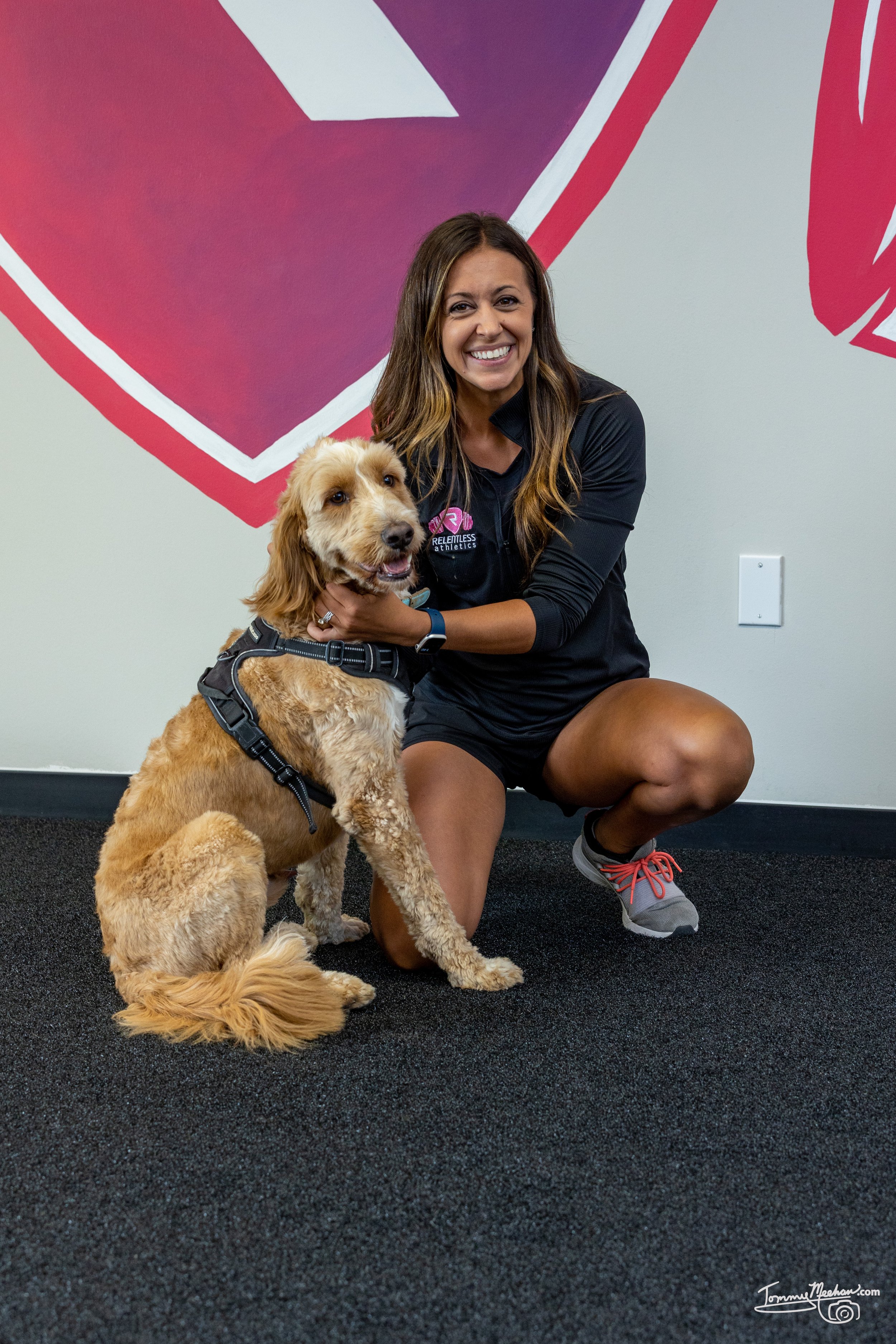Navigating Soreness: Should You Train? A Guide for Parents and Female Athletes
By Emily Neff (Pappas), Ph.D. student
Many female athletes and their parents come to us asking if training through soreness is beneficial or if a rest day is needed.
Making the decision to train or rest comes down to three main considerations, keep reading to learn what they are!
Check out our video below, where Program Director Emily explains the causes of soreness and provides insights into the training vs. rest dilemma.
1) Check Her Recovery
Adequate Sleep: Is she getting a full 8 hours of sleep each night?
Nutrition from the previous day: Did she consume enough protein and carbohydrates to meet her body's needs from the previous day?
read more about protein and carbohydrate needs and the impact of nutrient timing!
read more about the menstrual cycle as an indicator of nutrient intake and the prevalence of RED-s in the female athlete population
Hydration levels: Is she staying adequately hydrated, indicated by a lack of persistent thirst and the color of her urine?
2) Assess Her Level of Soreness:
Range of Motion: Can she comfortably perform movements like a full-depth squat or split squat after a warm-up and reach her hands over her head?
Impact on Form: Does soreness improve or worsen as she continues to move? If it gets better, she's likely ready to train; if not, her body needs rest.
3) Consider Her Training Schedule
Missing Training: Will taking a rest day means missing training for the entire week? Soreness often results from a lack of routine; missing consistent training can perpetuate this cycle.
Upcoming Events: Does she have an important game or tournament approaching? A little extra rest might be wise if it's the next day. However, a reduced-volume workout can better prepare her for the competition if her body responds positively to movement.
Should You Train When You Are Sore?
GO FOR IT WHEN:
Prioritizing recovery through sleep and nutrition is possible.
Optimal ranges of motion are maintained.
Rescheduling her training isn't feasible.
SKIP TRAINING WHEN:
Sleep is < 5hrs or she has only eaten 1 meal today.
Poor form is inevitable.
Rescheduling training within the same week is possible!
Want to learn more? Check out these related articles and videos
ABOUT THE AUTHOR
In 2015 Emily opened Relentless Athletics to build a community for female athletes while educating their parents and coaches on the necessity of strength training and sports nutrition to optimize sports performance and reduce injury risks in the female athlete population.
Emily holds a M.S. in Exercise Physiology from Temple University and a B.S. in Biological Sciences from Drexel University. She is currently pursuing her Ph.D. at Concordia University St. Paul with a research focus on female athletes & the relationship between strength training frequency, ACL injury rates, and menstrual cycle irregularities (RED-s). Through this education, Emily values her ability to coach athletes and develop strength coaches with a perspective that is grounded in biochemistry and human physiology.
When she isn’t on the coaching floor or working in her office, she is at home with her husband Jarrod and their daughter Maya Rose, and, of course, their dog Milo (who has become the mascot of Relentless)!!











